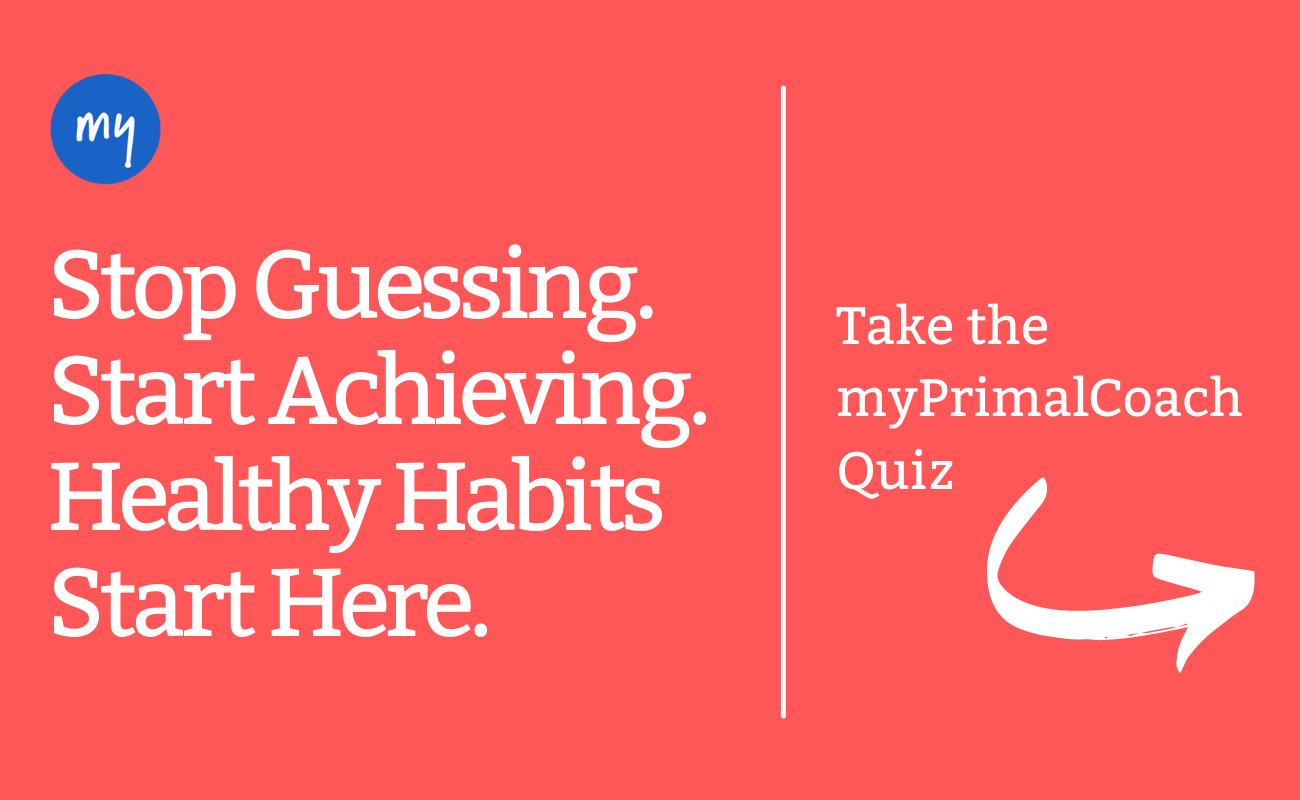We’re here to help you get more acquainted with self-compassion. So that you can be as gentle with yourself as you are with the people you love most.
Think back to when your best friend was going through a hard time—perhaps a divorce or job loss. You stood by your friend’s side. When she blamed herself, you reminded her that she did the best she could. When she felt rejected or unlovable, you reminded her that she wasn’t alone. You showed her you understood, you cared, and you accepted her exactly as she was. But, do you do the same for yourself?
Compassion for others—being aware that someone is struggling, feeling moved by their pain, and offering support and kindness—is hard enough. Extending that same compassion to yourself is some next-level emotional dexterity.

What Is Self-Compassion?
We all know how hard it is to be around someone 24/7. And we’re with ourselves around the clock!
Considering you never get a break from, well, YOU, it makes sense that you might start picking yourself apart. Perceived flaws become more pronounced, past mistakes keep haunting you, all the ways you think you’ve failed take center stage in your mind.
Self-compassion is the ability to calm that inner critic, and show yourself the same kindness you show to others when they’re suffering.
Self-compassion goes hand-in-hand with self-acceptance. We all have things we wish were different. Not one of us is perfect. But when we practice self-compassion, we accept every part of ourselves and our lives: the good, the bad, and everything in-between. You don’t pretend everything’s peachy. You witness your pain and shower yourself with comfort and care as you move through it.
At the same time, self-compassion isn’t self-indulgent. We don’t pity ourselves or wallow in negative feelings or less-than-ideal circumstances. We don’t throw up our hands in defeat. Just like we believe in the people we care about, we believe in ourselves. And when we lead with self-compassion, the path to self-improvement becomes much, much easier.
The 3 Elements of Self Compassion
Self-compassion isn’t a new concept. It’s a major tenet in Eastern philosophies such as Buddhism, which teaches compassion for all living things, including yourself. But it was brought into the modern psychiatric lexicon by Kristen Neff, a leading self-compassion researcher, author, and Associate Professor at the University of Texas at Austin.
Neff identified three components of self-compassion:
- Self-kindness vs. Self-judgment
- Common humanity vs. Isolation
- Mindfulness vs. Overidentification
1. Get rid of judgment and treat yourself with kindness.
Life is hard sometimes, and people, yes…even you, are imperfect. We can’t deny that reality.
But that doesn’t mean we need to judge it. Because when we fight against an experience, we only increase our feelings of frustration and stress.
There’s an easier, more compassionate way. Rather than getting angry and listening to that hateful inner critic that shouts really loudly about everything that’s wrong with you and your life, practice acceptance and equanimity. Choose kindness. Self-care. Give yourself a break. Forgive yourself for any mistakes or failings. Show yourself that you understand. Take a breath. And then try again.
2. Understand that you’re part of a shared human experience.
In America, one divorce happens every 36 seconds. Tens of thousands of workers are laid off every day. More than two-thirds of adults in the United States are overweight or obese. More than 40% of Americans have a chronic illness. Nearly 5 million people lose their homes every year due to eviction, mortgage, and tax foreclosure.
These stats aren’t meant to depress you, but to show you that you’re not alone. We’re all part of a shared human experience. While your situation may be happening to you, it’s not happening only to you. Thousands…more likely millions…of people around the world are going through the same challenging experiences.
It’s easier to practice self-compassion when you recognize your own humanity, don’t place judgments on your perceived inadequacies and failures, and know that you aren’t alone in your suffering.
3. Put your situation in perspective.
Mindfulness can help us stay rooted in self-compassion. It’s a state of non-judgmental awareness of the present moment. When we engage in mindfulness, we observe our thoughts and feelings. We stay open to every emotion and thought, whether they are positive or negative. We don’t judge them or react to them. We just let them pass on through.
It’s a delicate dance between indulging in and suppressing your feelings. When you approach your emotions and thoughts with balance rather than getting caught in a loop and reacting, you loosen the hold they have on you. You can show yourself more compassion and understanding, and gain greater clarity as to the next best steps forward.
Prove It to Me
The benefits of self-compassion have scientific backing. A study led by Kristen Neff and published in the journal Social and Personality Psychology Compass illustrates the value of self-compassion in the face of negative life events. People with a greater tendency toward self-compassion are less likely to catastrophize a situation, experience heightened anxiety, or avoid future challenges due to fear of failure.
Experiments also show that people with self-compassion are more likely to improve weaknesses, make amends for wrongdoings, and put forth greater effort after initially performing poorly on a test.
Another study conducted by Neff showed that self-compassion helps keep self-criticism at bay, which in turn keeps people happier, less anxious, and more satisfied with life.
We can look to athletes who practice self-compassion for further inspiration. Studies show that self-compassion promotes body appreciation, personal growth, fulfillment, responsibility, and self-acceptance, and helps athletes recover faster both mentally and physically.
3 Exercises to Strengthen Self-Compassion
We picked our three favorite exercises from Kristen Neff’s self-compassion protocol. To view more and download guided self-compassion exercises, visit Neff here.
Exercise 1: Self-Compassion Break
When you’re struggling, an inner critic is the last thing you need. Next time you’re speaking harshly to yourself, pause and use this self-compassion exercise.
- Say to yourself, “I’m having a hard time right now,” or “I am struggling.”
- Remind yourself, “Everyone struggles sometimes.”
- Offer yourself self-compassion. Try something like, “May I give myself kindness,” “I offer myself grace,” or “May I be patient with myself.”
Exercise 2: Self-Compassion Journal
Developing self-compassion is the same as developing any new habit: It takes time and consistency. Journaling can help anchor self-compassion into place.
- At the end of your day, take some time to reflect on anything that arose to knock you off balance. Did you judge yourself, or did something make you anxious or cause you pain? Write about how you felt without judging it, and do your best not to blow it out of proportion.
- Then, connect it to the broader human experience. Acknowledge that things can be difficult for everyone at times, and reflect on the deeper factors that could be behind a situation or your emotions.
- And last but not least, share some kind words with yourself. Reassure yourself that you’re okay…it’s going to be okay. How can you prepare and improve for the future?
Exercise 3: Changing Your Critical Self-Talk
Changing your critical self-talk can take some time. As you reframe the dialogue you have with yourself, you can journal about it, speak out loud, or speak silently.
- Become aware of your critical self-talk. Are you feeling bad about something? What did you just say to yourself? What are your go-to words? What tone does your inner critic use? The more you get to know your critic, the less power they have.
- Don’t be mean to your critic. Instead, reassure them. Let them know you understand they are just trying to protect you, but that you’ve got it all under control.
- Rephrase the critical self-talk into compassionate self-speak. What would your best friend say to you right now? What words would they use to make you feel acknowledged and cared for? Give yourself a little squeeze or a soft touch to generate feelings of warmth.
You deserve compassion from others. And you deserve compassion from yourself. Make today the day you start showering yourself with self-compassion!

